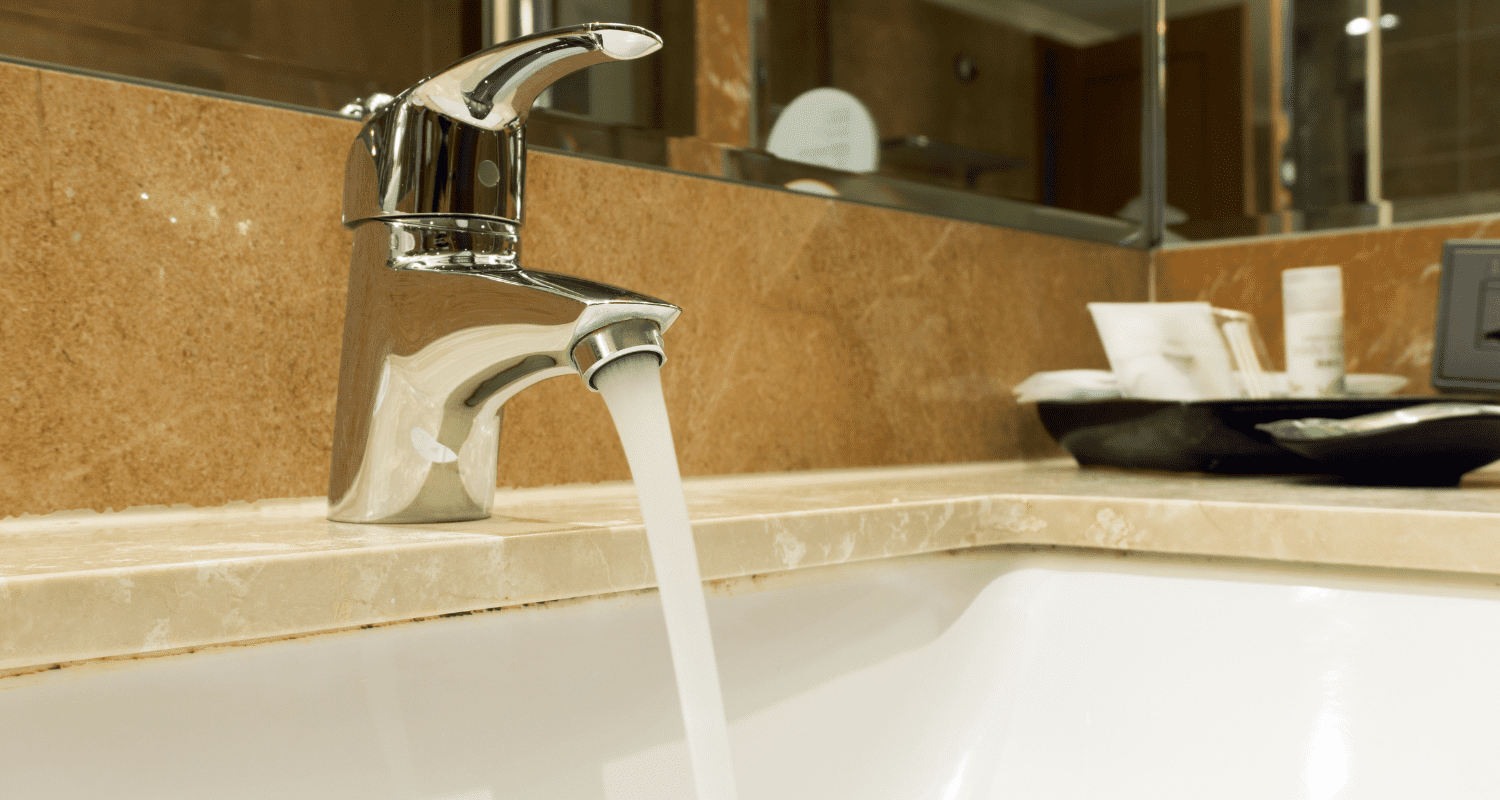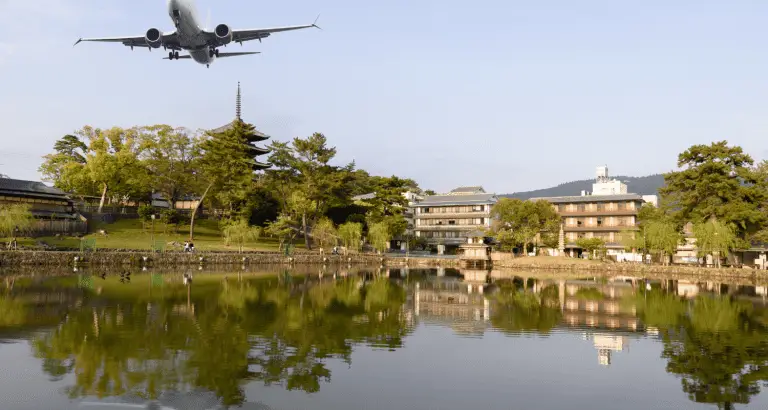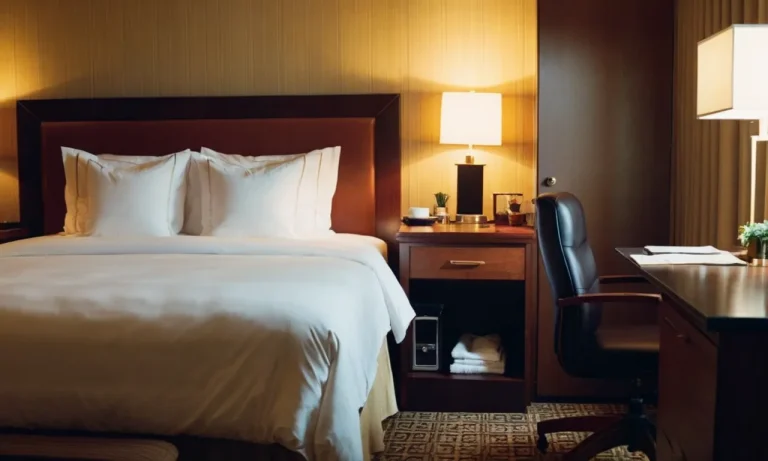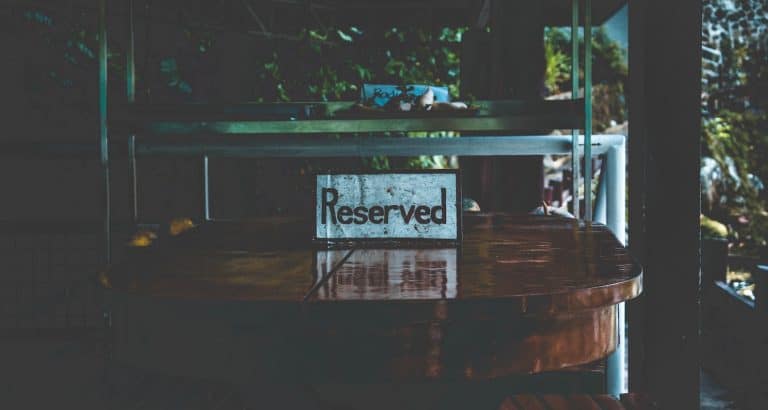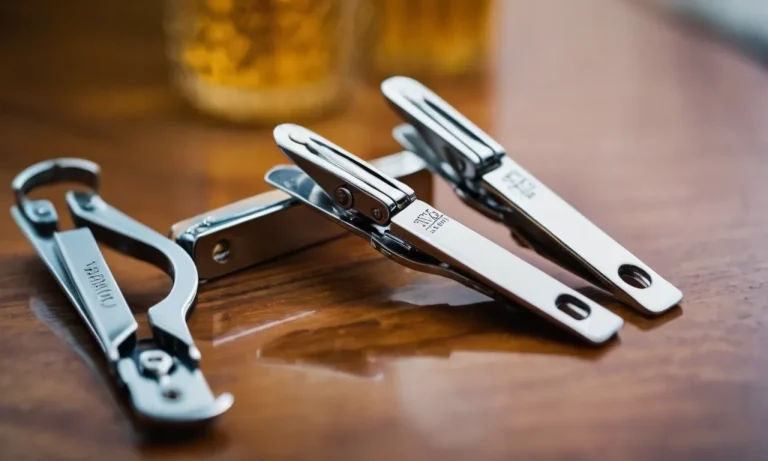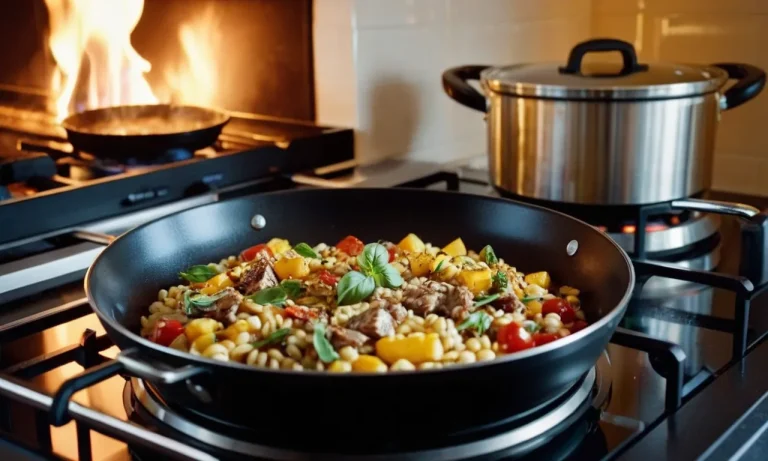Is It Safe to Drink NYC Hotel Tap Water? A Comprehensive Guide
When traveling to the bustling city of New York, one of the most common concerns for visitors is the safety of drinking tap water, especially in hotels. With the city’s vast infrastructure and diverse water sources, it’s natural to wonder whether the tap water is safe for consumption.
If you’re short on time, here’s a quick answer to your question: In general, it is safe to drink tap water in New York City hotels, as the city’s water supply is treated and monitored to meet strict quality standards.
However, there are a few factors to consider, which we’ll explore in detail throughout this article.
In this comprehensive guide, we’ll delve into the intricacies of New York City’s water supply system, the regulations and testing procedures in place, and any potential risks or precautions to keep in mind. We’ll also provide tips and recommendations to ensure a safe and enjoyable stay in the city.
New York City’s Water Supply System
New York City’s water supply system is a marvel of engineering and an essential lifeline for millions of residents and visitors alike. The city’s thirst is quenched by a network of reservoirs, aqueducts, and tunnels that stretch for hundreds of miles, delivering fresh water from upstate New York to the bustling metropolis.
This intricate system is a testament to human ingenuity and a vital component of the city’s infrastructure.
Sources of NYC’s Water Supply
- The Catskill/Delaware watersheds, located approximately 125 miles northwest of the city, provide 90% of the city’s water supply. These pristine reservoirs are carefully protected and monitored to ensure the highest quality of water.
- The Croton watershed, situated in Westchester and Putnam counties, contributes the remaining 10% of the city’s water supply.
Water Treatment Process
Before reaching the taps of New Yorkers, the water undergoes a rigorous treatment process to ensure its safety and purity. According to the NYC Department of Environmental Protection, the treatment process includes the following steps:
- Disinfection: Chlorine, ultraviolet light, and other methods are used to eliminate harmful microorganisms.
- Filtration: Particulates and impurities are removed through advanced filtration systems.
- Fluoridation: A controlled amount of fluoride is added to promote dental health.
- pH adjustment: The pH level is carefully monitored and adjusted to prevent corrosion in pipes.
Distribution Network
Once treated, the water embarks on a journey through an extensive distribution network that spans over 7,000 miles of pipes, tunnels, and aqueducts. This intricate system delivers water to homes, businesses, and hydrants throughout the five boroughs of New York City.
😮 Did you know that the city’s water system can carry over a billion gallons of water per day? 🚰💧 That’s an incredible feat of engineering and a testament to the city’s commitment to providing clean, safe water to its residents.
The distribution network is constantly monitored and maintained to ensure the water’s quality and prevent leaks or contamination. According to the NYC Department of Environmental Protection, the water is tested over 1 million times a year to ensure it meets or exceeds all federal and state standards.
👏
Regulations and Testing for NYC Tap Water
Federal and State Regulations
New York City’s tap water is subject to stringent federal and state regulations to ensure its safety for consumption. The Safe Drinking Water Act (SDWA), administered by the Environmental Protection Agency (EPA), sets national standards for drinking water quality.
This act establishes maximum contaminant levels (MCLs) for over 90 contaminants, including lead, bacteria, and disinfection byproducts. Additionally, the New York State Department of Health has its own set of regulations, known as the New York State Sanitary Code, which often exceeds federal requirements.
NYC Department of Environmental Protection’s Role
The New York City Department of Environmental Protection (DEP) is responsible for managing and safeguarding the city’s water supply. They oversee the operation of the largest municipal water supply system in the United States, delivering over 1 billion gallons of high-quality drinking water to nearly 9 million residents every day.
The DEP closely monitors and tests the water at every stage, from the upstate reservoirs to the distribution system throughout the five boroughs.
The DEP’s website provides comprehensive information on water quality, including annual reports and real-time data on the city’s tap water. According to the latest Drinking Water Quality Report, NYC’s tap water meets or exceeds all federal and state standards for health-related contaminants. 👏
Regular Water Quality Testing
To ensure the safety of NYC’s tap water, the DEP conducts over 1 million analyses per year, monitoring for over 200 contaminants. These tests are performed at various stages, from the upstate reservoirs to the distribution system throughout the city.
The water is tested for microbiological contaminants, inorganic compounds, organic chemicals, and radioactive substances.
In addition to routine testing, the DEP also conducts special studies and investigations to address emerging concerns or potential issues. For example, they recently conducted a study on PFAS (per- and polyfluoroalkyl substances) in the city’s drinking water.
The results showed levels well below the EPA’s advisory level, providing reassurance about the water’s safety. 😊
With such rigorous regulations, monitoring, and testing in place, New Yorkers can feel confident that their tap water is safe to drink. However, it’s always a good idea to stay informed about the latest water quality reports and advisories issued by the NYC DEP and other relevant authorities.
Potential Risks and Concerns
Lead Contamination
One of the primary concerns regarding drinking tap water in NYC hotels is the potential for lead contamination. Despite stringent regulations and monitoring efforts, the aging infrastructure of many buildings can lead to the leaching of lead from pipes and plumbing fixtures into the water supply.
Lead exposure, even at low levels, can have detrimental effects on human health, particularly for children and pregnant women. According to the Environmental Protection Agency (EPA), there is no safe level of lead exposure.
To address this issue, the New York City Department of Environmental Protection (DEP) requires all buildings with lead service lines to install and maintain lead treatment systems or replace the lead pipes.
However, the process of identifying and replacing lead pipes can be a lengthy and expensive undertaking. Additionally, the DEP conducts regular testing and monitoring of the water supply, but there is always a risk that lead levels may fluctuate or exceed acceptable limits.
Aging Infrastructure
Beyond lead contamination, the aging infrastructure of many NYC buildings poses additional risks to the safety of tap water. Older pipes and plumbing systems can harbor bacteria, rust, and other contaminants that can potentially compromise water quality.
😷 As these systems age, the risk of leaks, breaks, and cross-contamination increases, potentially exposing hotel guests to a variety of health hazards.
According to a report by the New York Times, the city’s water infrastructure is in dire need of a major overhaul, with an estimated $49 billion required to repair and replace aging pipes and treatment facilities.
While the city has undertaken efforts to address these issues, the sheer scale of the problem means that many buildings, including hotels, may still be at risk.
Boil Water Advisories
In some cases, the NYC Department of Environmental Protection may issue boil water advisories for specific areas or neighborhoods. These advisories are typically issued when there is a potential risk of contamination due to a water main break, construction, or other disruptions to the water supply.
During a boil water advisory, residents and visitors are advised to boil tap water before consuming it or using it for cooking, brushing teeth, or making ice.
While boil water advisories are relatively rare in NYC, they can have a significant impact on hotels and their guests. Hotels must be prepared to provide bottled water or other alternative water sources during these advisories, which can be logistically challenging and costly.
Additionally, guests may feel uneasy about the safety of the water supply, potentially impacting their overall experience and perception of the hotel.
To stay informed about potential boil water advisories and other water-related issues, hotels and guests can sign up for NYC Water Alerts, a notification system provided by the Department of Environmental Protection.
Tips for Drinking Tap Water in NYC Hotels
Checking Hotel Water Quality Reports
One of the best ways to ensure the safety of tap water in NYC hotels is to check their water quality reports. According to the NYC Department of Environmental Protection, all hotels are required to provide an annual water quality report to their guests.
This report details the source of the water, any contaminants present, and whether it meets EPA standards. Many hotels proudly display these reports on their websites or have them available upon request at the front desk.
By reviewing the report, you can make an informed decision about whether to drink the tap water or opt for an alternative.
Using Water Filters or Purifiers
If you’re still hesitant about drinking tap water, consider using a water filter or purifier. These devices can remove impurities, chlorine, and other contaminants, making the water taste better and potentially safer to consume.
Many hotels offer in-room water filtration systems or pitchers, while others may have filtered water stations in common areas. Alternatively, you can bring your own portable filter or purifier, such as a CDC-recommended water bottle with a built-in filter.
Alternatives to Tap Water
If you prefer to avoid tap water altogether, there are several alternatives available in NYC hotels. Many hotels offer complimentary bottled water, either in the room or at designated water stations. 😊 You can also purchase bottled water from vending machines or nearby convenience stores.
However, it’s worth noting that bottled water can be expensive and has a significant environmental impact due to plastic waste.
Another option is to request ice from the hotel’s ice machines, which can be used for drinking or making beverages. While the ice is typically made from the same water source as the tap water, the freezing process can help eliminate some contaminants. 👍
Ultimately, the decision to drink tap water in NYC hotels is a personal choice based on your comfort level and preferences. By checking water quality reports, using filters or purifiers, or opting for alternatives, you can ensure a safe and enjoyable stay in the city.
Remember, if you have any concerns or questions, don’t hesitate to ask the hotel staff for guidance. 🎉
Frequently Asked Questions
When it comes to drinking tap water in NYC hotels, many travelers have questions and concerns about its safety and quality. Here are some frequently asked questions (and answers!) to help you make an informed decision:
Is NYC tap water safe to drink? Yes, the tap water in New York City is safe to drink and meets all federal and state standards for quality. According to the NYC Department of Environmental Protection, the city’s water supply is one of the most monitored and protected in the world, with over 1,000 tests performed daily on water samples.
😊
Where does NYC’s tap water come from? NYC’s drinking water is supplied by a network of 19 reservoirs and 3 lakes located in upstate New York, with the majority coming from the Catskill and Delaware watersheds.
This surface water goes through rigorous treatment processes before being distributed to over 8.5 million residents and visitors each day.
Is bottled water safer than NYC tap water? Not necessarily! Many studies have shown that bottled water is not necessarily safer or better quality than tap water. In fact, NYC’s tap water is subject to more stringent testing and regulations than bottled water.
Bottled water can also be more expensive and contribute to plastic waste. 👏
How do I know if a hotel’s tap water is safe? All hotels in NYC are required to provide safe, potable water to guests. However, if you have any concerns, you can always ask the hotel staff about their water source and quality assurance measures.
Many hotels also provide complimentary bottled water as an added convenience.
Are there any precautions I should take when drinking NYC tap water? While NYC’s tap water is safe to drink, some travelers may want to take extra precautions, such as using a water filter or boiling the water, if they have weakened immune systems or specific health concerns.
It’s always a good idea to consult with your healthcare provider if you have any doubts or questions. 👍
Conclusion
Drinking tap water in New York City hotels is generally safe, thanks to the city’s robust water supply system, stringent regulations, and regular testing procedures. However, it’s essential to stay informed about any potential risks or advisories, especially for those with compromised immune systems or specific health concerns.
By following the tips and recommendations outlined in this guide, you can enjoy the convenience of tap water during your stay in NYC while minimizing any potential risks. Remember, staying hydrated is crucial, and the city’s tap water is a readily available and cost-effective option for most visitors.

